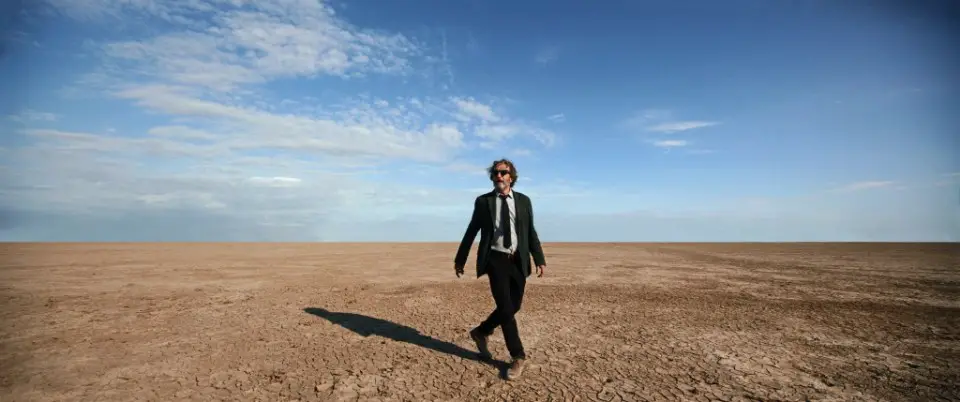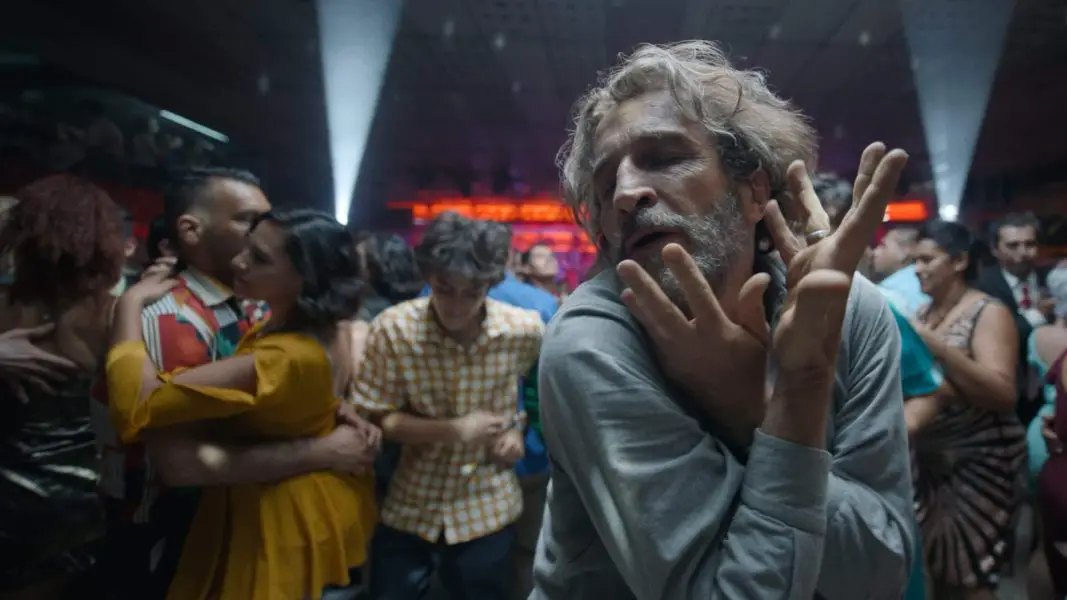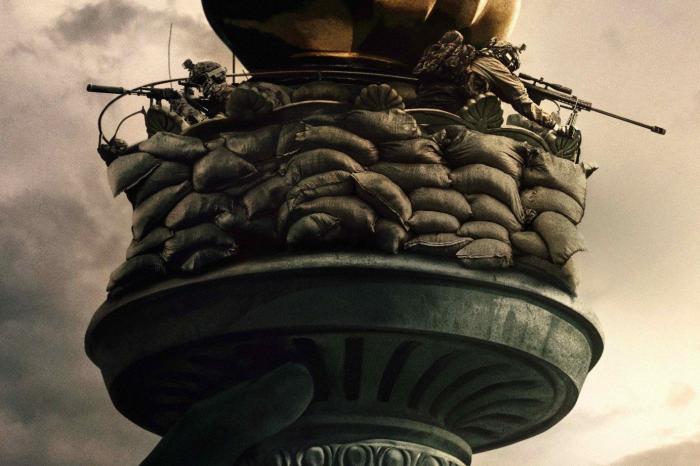‘Bardo’ Review: “Mosaic of an Artist’s Heart”

I remember seeing Alejandro G. Iñárritu’s The Revenant opening night. I had liked, not loved, Best Picture winner Birdman, but I loathed every minute of his follow-up. Basking in the glow of its own technical achievement, it offered nothing other than Leonardo DiCaprio suffering against the elements as self-importance dialogue saying something about “man vs. nature” rattled on. Full transparency: I had written off his work. When his next film, the outrageously titled Bardo, False Chronicle of a Handful of Truths, was announced to be a near 3-hour epic of the semi-autobiographical variety, I knew which film to avoid. Then I saw his debut feature Amores perros, and in that saw the makings of a vital artist. Bardo reinstills faith in Iñárritu as an artist.
READ: Guillermo del Toro’s Pinocchio Review: “A Reinventive Masterpiece”
What, then, makes Bardo, False Chronicle of a Handful of Truths (last time I’ll be using that full title in this review) different? Right out of the gate, with its journalist-turned-documentarian protagonist Silverio Gama (Daniel Giménez Cacho) bearing an uncanny resemblance to the writer-director himself, the film has a hard time beating the allegations of pretension. Nor is the film’s austere visual mastery. You’re not going to find a film out right now that looks even half as good. Darius Khondji subs in usual for usual Iñárritu cinematographer Emmanuel Lubezki to great effect. Khondji’s omnipotent camera glides through crowds, up buildings, and across planes of consciousness. He can smoothly transition from the surrealistic image of Silverio spilling a bag of fish to that bag of fish on the bus to him sitting on his bus seat in the desert to that desert becoming his home.
For the aesthetes, it’s an endless visual feast that can often overwhelm. Nevertheless, it’s an accurate supplement to what the film is: a mosaic of an artist’s heart. In turn, it interrogates the character of Iñárritu himself. Through surrealistic images and Cacho’s outstanding leading performance, Silverio’s inner world is hard to look away from. He’s a walking existential crisis; struggling with the perception of himself as a fraud by his peers. Likewise, he’s trying to shake the false nature of the newfound love he does receive from white Americans. Moments of rapture – letting himself be free to the sounds of David Bowie at a party where all the rest of the world seems to fade away – give way to the increasing artificiality of the media landscape he finds his way into.
Bardo packs itself with big swings. At any moment you could stumble into a bizarre vignette such as Silverio climbing above a pile of dead bodies to have a conversation with conquistador Hernán Cortés about the history of Mexican colonialism and selling out to the white man. It’s all too much at moments. The runtime is hardly an issue compared to some downright brutal pacing. There’s neither a sense of a traditional structure nor any end in sight. That interminability can often hurt the film… unless you give yourself over and listen to what Iñárritu has to say.
Beneath it all, what makes Bardo far and away better than his last effort, and the majority of his films, is an emphasis on humanity. More specifically, the importance of relationships with those closest to you. Through his conversations with his wife (Griselda Sicilliani), son (Iker Sanchez Solano), and daughter (Ximena Lamadrid), Silverio is able to connect with his personhood. Wheras Amores perros underlined the messiness of familial bonds, Bardo emphasizes instead the comfort those bonds can bring.
READ: Houston Cinema Arts Festival: ‘Women Talking’ Review
There is a lot to say about Bardo. After all, it is a lot. It’s hard to begrudge anybody for not wanting to take the dive into Silverio/Iñárritu’s inner world. What remains starkly clear, however, amongst the entire messy, beautiful journey Bardo takes the audience on is that Iñárritu is no fraud. He’s an artist who’s experienced a lot in his life, and has been able to, as a form of self-therapy, throw that out into the world. He’s never had more integrity here. The question is – how much do you want to get to know the artist? – James Preston Poole
Rating: 7.5/10
Bardo is now in theaters and will release on Netflix December 16, 2022.




